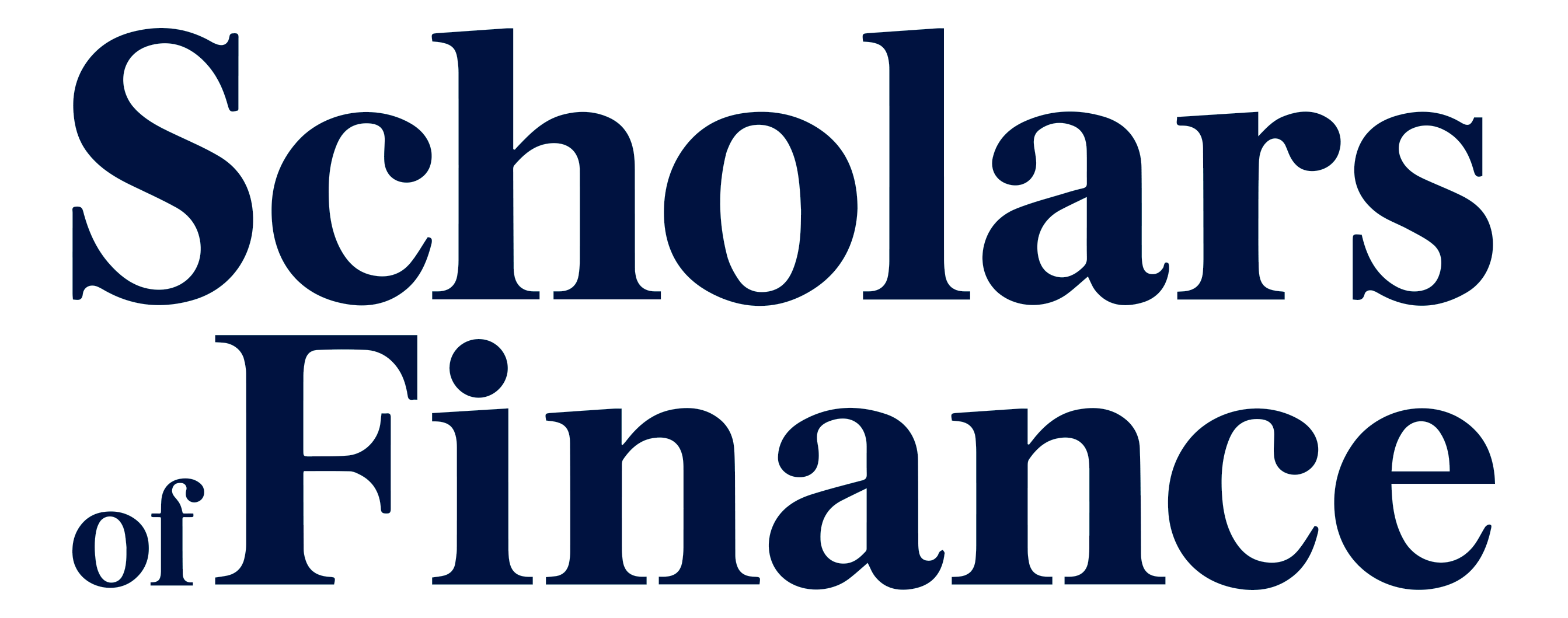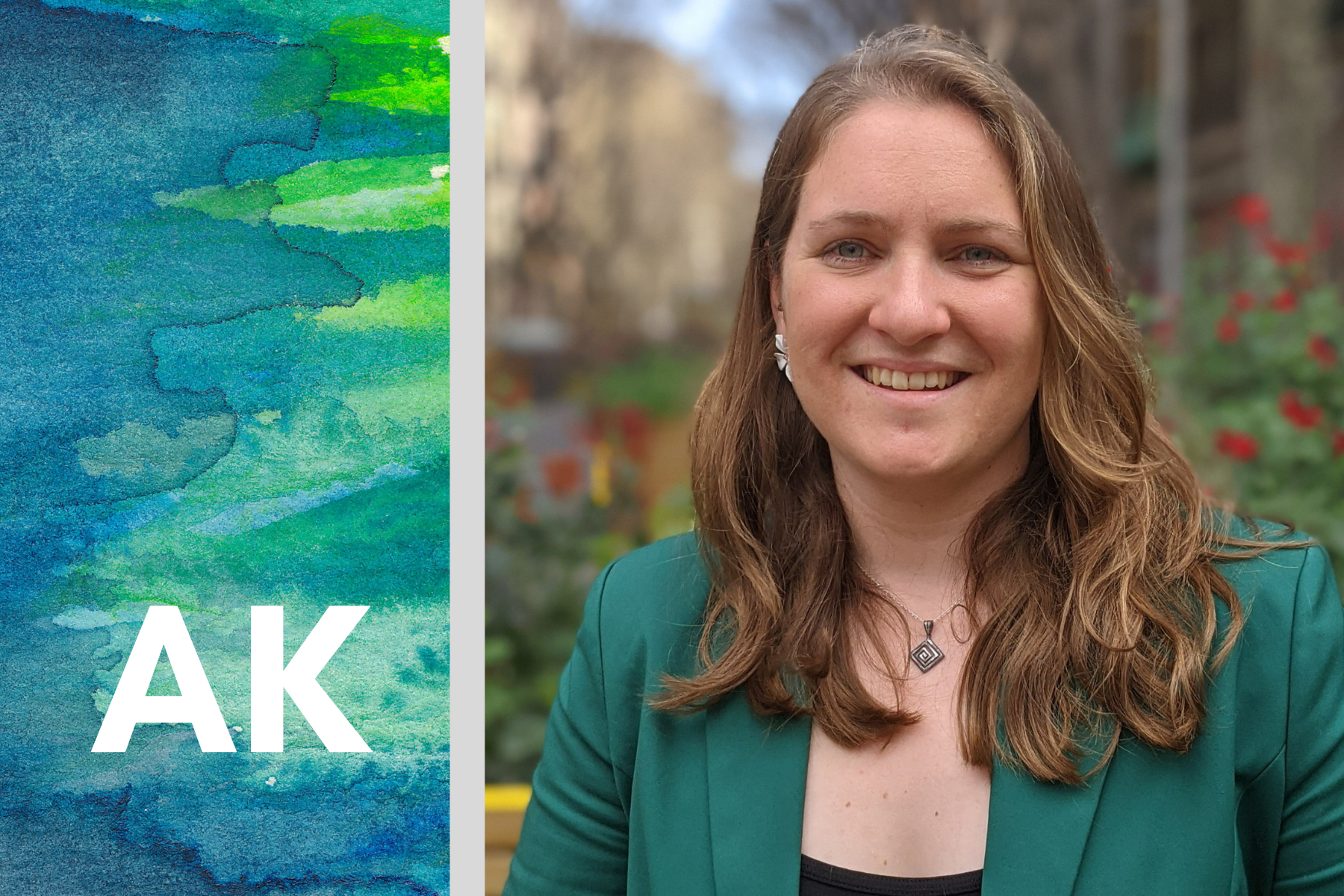Interviewing Athena Kiriacopoulou, Principal at Pebble Legacy Partners
By Justin Chow, Purposeful Finance
Q: I saw that all the previous companies you have worked for all have a very strong ESG and sustainability focus, so my question is how do you make your career decisions and choose the companies that you’re working for?
In the 2014 G8 Social Impact Investment Taskforce, Asset Allocation Working Group report, it illustrates the landscape based on both investor financial objectives and impact. Because it shows the spectrum of impact investing, the range of purely financial motives helps companies deliver impactful solutions addressing UN SDGs and this does not have to apply strictly to finance.
At Pebble Legacy Partners LLC, our search fund falls right in the middle of financial and impact. We’re an impact search fund but we are focused more on finances than just impact. If you have an impact investment fund or a nonprofit fund, these are probably going to be on the ‘far right’. When looking at career opportunities, you should spend a lot of time to decide what is important to me. The question was where I draw the line on the spectrum.
I personally believe that impact is critical, and I am never motivated to get up every morning and do a job that does not make the world a better place. I simply have no interest in working ‘the left side’ of the line just out of personal choice.
There are a lot of people, especially your colleagues, going into investment banking that lies more around the left side of the spectrum and that’s not a bad choice. Conversely, someone who is going into nonprofits might be on this same side and say, ‘I never want to go there’. Again, that is totally fine.
Understand what drives you personally and knowing that there is no judgment but instead it’s just a fact. The sooner that you accept wherever you are on the spectrum, the sooner you are going to be able to find opportunities that really motivate you.
Personal Sacrifices: Now, that’s from an impact perspective. But there is also a career perspective, and what sacrifices you’re willing to make. If you want to work around the world, and you want to move every two years, and I can tell you from experience, it’s an incredible career. But that means that you’re sacrificing other things, such as stability, routine, and the ability to really put roots down. Again, it’s neither good nor bad, just different. For some people having that stability, being able to get a mortgage on a house, build a family, place their kids through great education is a very admirable thing. And if that’s something that drives you personally, then that’s an understanding that helps you to find the boundaries.
So this is not just with impact, but much broader, and as soon as you know the things that you want out of life, then when an opportunity crosses you, it will become glaringly obvious if it fits those criteria or not. The reason that we often struggle with what jobs to take is because we’re not clear what we want.
Now, that struggle is good. But what happens when you’re 20 to 24, and you’re about to graduate college, and you know nothing about life. Looking back when I was 22, I thought I knew everything, I didn’t know anything. My advice is, if you know your money motivated at that age, great, go to investment banking, work on Wall Street, and make your top dollar. If you don’t know what you want to do. Prioritize learning over money. As a young millennial, I know this is being debated and I don’t know how applicable it is to Gen Z. But this is advice I followed.
In your 20s, go and do all the different things, explore all the different stuff. Money will come, opportunities and experience will not. It’s very easy to get stuck once you have that big salary, the opportunity costs of going and learning something or taking two years to work in Kenya is a lot bigger than if you didn’t have that job on Wall Street. There’s the prestige of working on Wall Street and private equity. And for some people, that’s what they want. And that’s great. I love that for them. But if you’re not certain, all I can say is go do the crazy things. You can always come home. And the money. It’s easy to make money. It sounds crazy. It sounds privileged. But I promise you, especially when you’re talking to your classmates at UCLA, we come from a place where it is easy to make money. Yeah. You’ll make enough to be happy.
I’ll tell you, the only things I’ve regretted in life is when I passed up on great adventures, because I thought I had a deadline due. And I was like, oh, I need to do this so that I can advance and get a promotion. Five years from now, it doesn’t matter. Nobody cares. A lot of my interns are ambitious and when I talk to them, they’re like oh gosh, I don’t have a, you know, this GPA and I only got an A minus, and I’m never going to be able to get a job. It’s like, honestly, if you’re going to Morgan Stanley, they do look at grades. And that’s one thing, but no one cares, it won’t matter. Learn. I’m not saying don’t do your homework, do your homework and learn, you won’t have an opportunity like this again. But don’t stress the grades, don’t stress the jobs.
Q: What does learn from discovering opportunities in investment firms during your early 20s?
Personal Sacrifice: Get out of your comfort zone when seeking jobs that you might not be fully qualified for. Saying yes to projects that terrify you. At the same time, be completely open and ask for help. Take those hard projects and jobs, but also ask the dumb questions, seek support, and build a network of mentorship. You are not going to grow unless you try and do something you think you can’t.
Comfort zones: View your comfort zone as a circle. It is never a static size. Your comfort zone grows every time you step out of your comfort zone and return. When you push the boundaries of your comfort, you are saying, ‘okay, I didn’t die, your comfort zone grows’. However, your comfort zone starts to shrink if you never push outside of it. This is a malleable zone that represents your entire life.
You would be filled with happiness when you get a job, do not leave the two square mile radius of your house, and go to the same restaurant every week. However, your comfort zone gets much smaller. Whereas you are constantly expanding your comfort zone if you do something that scares you every day.
Q: That is great advice, now let’s move on to talk about the circular economy and the search fund that you started: Pebble Legacy Partners?
A circular economy is one that keeps materials, products, and services in circulation for as long as possible. It is a change to the more traditional model in resource mining, production, and waste. Instead, it tries to recapture waste to create new products and minimizes materials making production more resource efficient. Under the Sustainable Materials Management (SMM) umbrella, a circular economy demonstrates continuity by reducing the negative lifecycle impacts of materials, including climate impacts, reducing the use of harmful materials, and decoupling material use from economic growth and meeting society’s needs.The circular economy has the potential to protect the environment, improve economics, and elevate social justice. Sustainability from its foundation requires social equity as the extracting, using, and disposing of resources often affect vulnerable communities disproportionately.
Source: https://www.epa.gov/recyclingstrategy/what-circular-economy
Q: What do you believe are the biggest misunderstanding of the waste infrastructures?
I believe there are two main misunderstandings that professionals have about the circular economy.
First, with a circular economy, people often think that finding a purpose for waste, asking ‘how do we divert this waste from the landfill?’ But we need a paradigm shift in our thought-process.
What I always advise my clients at Phenix Recycling is that we should stop calling it ‘waste’ and should start calling it ‘leakage’. Throughout a business’s normal operations and supply chain, you have leakages in energy, resources, and materials. Waste is a leakage and when you start to see it that way, you create a business case for going back to the design board and redesigning the waste out of the system. This mindset shift will help business processes stop leaking “waste”.
Of course, some things are inevitably going to come at the end of your supply chain. For example, if you look at a safari resort in the middle of the Serengeti National Park (a geographical region in Tanzania, Africa) that has high-end clients, they’re going to be serving a lot of wine which comes in a wine bottle. You cannot design out a wine bottle because it must be packaged, but you can design in a reusable and returnable form of the same bottle.
Source: Zero Waste Hierarchy of Highest and Best Use 8.0 | Zero Waste International Alliance
Q: What might be an example of a waste infrastructure that falls under the circular ecosystem?
In a Philadelphia bar, you can build waste infrastructure where you return the wine bottles, but the wine you are getting is probably a global product bought from Chile or France. If you already bought this bottle, you are not going to ship bottles back to its original location.
There are technical ways of designing the wine bottle, but practically, you are going to have this wine bottle on hand. In the case where this wine bottle is already given to you, there’s not much you can do other than recycle it. Recycling is not necessarily so much within a circular economy, but it should be your last ditch. That is an example where the circular economy does have a product at the end where you must recycle it.
Source: The Lifecycle of a Wine Bottle, From Sand to the Economy of Recycling | Wine Enthusiast Magazine
Within the circular economy, it’s about reframing, taking a step back, and understanding what the problem is. It’s not about tackling the result, but the whole supply chain process and how it all works together.
In biases with impact investing, a lot of people confuse Environmental, Social, and Governance (ESG), Corporate Social Responsibilities (CSR), and impact with each other. I am constantly explaining the difference that an ESG company is not necessarily an impact company.
ESG is a framework for measuring your risk, it is not an attempt to improve that. ESG is a snapshot of what we’re doing on these different things at a certain point in time. You can use that to create a strategy, but it is not inherently a strategy. It’s about understanding what value is in ESG investments.
Q: What issues are you looking at right now? What are you reading up on, and what is the newest news in this space?
My challenge now is identifying industries that fit in that part of the impact spectrum (refer to fig 1 above) and fits the search fund criteria. I have been [researching the] mapping industries to open myself up to other opportunities and industries that can create significant impact. I am trying to read about every industry to understand if it fits my criteria.
In terms of finance, you should read The Outsiders by Will Thorndike. He’s a popular search fund investor. This book is the antidote to all of Steve Jobs autobiographies that talks about unicorns, massive valuations, and the fear-of-missing-out that comes with it.
The Outsiders talks about CEOs who have been vastly successful but are not unicorn founders. Because what we’ll find is that there’s a pattern in what these other CEOs do to create huge value above and beyond their market [price]. So far, I have been enjoying this book because most of the CEOs have never ever heard of it, and they’re all humble, frugal and incredibly smart CEOs.
Two more books about impact in business. Firstly, Ice cream social: the struggle for the soul of Ben and Jerry’s, by Brad Edmondson. This book is all about impact in business. It shares about Ben and Jerry’s struggle to reconcile their social desires with business needs. Secondly, Let my people go surfing by the founder of Patagonia, Yvon Chouinard. This book is the Bible of responsible business leadership. This book talks about him struggling because he hates calling himself a businessman, but he’s the founder of the widely successful Patagonia. He believe this is not who he is, [talking more] about his values and how he runs that company.



